ARTICLE AD BOX
17 minutes ago
emma saunders,Culture reporter at the Hay Festival

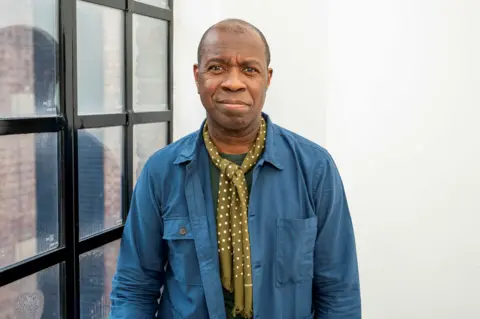 getty
getty
Clive Myrie has worked at the BBC since he began as a trainee in 1987
BBC news presenter Clive Myrie has said that his feelings for the US, where he reported from for many years, were affected by covering “ so many mass shootings”.
“Mass shootings completely undermined my love for the place,” Myrie told an audience at the Hay Festival on Saturday.
But he added that it's "still I place that I love on many levels".
Myrie, who also hosts Mastermind, was previously the BBC’s Washington correspondent and covered the administrations of three presidents - Bill Clinton, George Bush and Barack Obama.

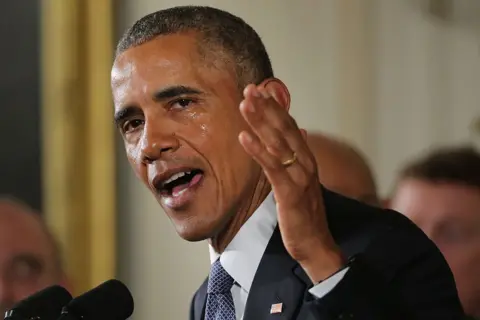 Getty Images
Getty Images
The former US president was visibly moved when talking about gun violence in the White House in 2016
He said Mr Obama had cried in public only two or three times while in office and two of those occasions had been over the Sandy Hook massacre, when 26 people were murdered at a primary school in Connecticut in 2012.
Myrie added that Mr Obama had tried to “cajole Congress to bring in meaningful gun control” following the tragedy “but he wasn’t able to do it because of the power of the National Rifle Association (NRA)."
“The most powerful man on earth… cannot shift this single dial, he cannot do it,” Myrie said.
He added that he had previously thought gun culture was about the country’s history of hunting and its “wild west culture”.
“But it’s not about that. It’s about being able to take on the government and the weapon to do it… and I realised that on January 6 with the insurrection.”
“That is why they want their guns. It’s so terrifying. This idea about… frontier culture… it ain’t about that.”
Mr Obama told the BBC in 2015 that his lack of progress on getting such laws passed had been “the one area where I feel the most frustrated and stymied”.
As the political and legal wrangling over gun control continues, Democrats point out how the US is alone among industrialised nations in its high levels of gun violence.
Republicans counter that the right to possess firearms is enshrined in the US Constitution and that new gun-control legislation would be counterproductive.
'Stubborn Irishman'
Myrie said he hoped he would be going out to cover the US election later this year.
He said he thought the economy would be the main issue but added that Democrats and Biden supporters “have to hope that he (Biden) comes across as someone who isn’t going to fall over. I’m serious - the bar is low.
"If he has a bravura performance against Trump in the debates come October time, he’ll have got over that bar. But is he going to jump over that bar or trip over that bar?
“He’s a stubbon Irishman (Biden has Irish roots). He’s not going to pull out even though perhaps he should. It’ll be Jill (Biden’s wife) who decides that.”

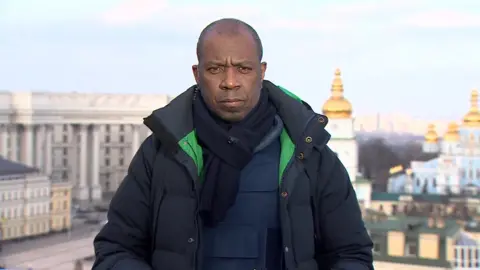
Myrie reported from Ukraine when the country was first invaded by Russia in 2022
In a wide-ranging discussion in front of a packed audience at Hay, Myrie also discussed racism, multiculturism, and his career in journalism, the focus of his memoir Everything is Everything.
He explained that his parents came over from Jamaica as part of the Windrush generation and settled in Bolton, where his Uncle Clive was already living.
Myrie said his dad “never acclimatised” but they still “managed to make lemonades out of lemons”.
His father worked in a car battery factory, while his mother, a trained teacher in Jamaica, became a seamstress for Mary Quant.
Their hard work paid off and they were able to buy the house next door as well as their own.
“The motherland came calling: ‘Help us rebuild (Britain post-war),’” Myrie explained.
“What they got in return was a lot of racism and a lot of pain.”
Called to bar
He said his parents wanted him to follow a traditional profession and Myrie went on to study law. However, he had always harboured a desire to be a journalist after watching Whicker’s World and broadcasters like Sir Trevor McDonald and Kate Adie when he was growing up.
Myrie was called to the bar but chose to join the BBC trainee scheme instead.
“I was only forgiven by my parents once I started Mastermind,” he joked.
He also said he refused to be pigeonholed by covering events like Notting Hill Carnival early on in his career.
Myrie said he told his editor: “I don’t want to be seen as a black reporter, I want to be a reporter who happens to be black.”
He added that more recently, “my hand is the first to go up to cover the death of George Floyd or police brutality or Nelson Mandela’s funeral. But it’s my choice.”

 11 months ago
103
11 months ago
103
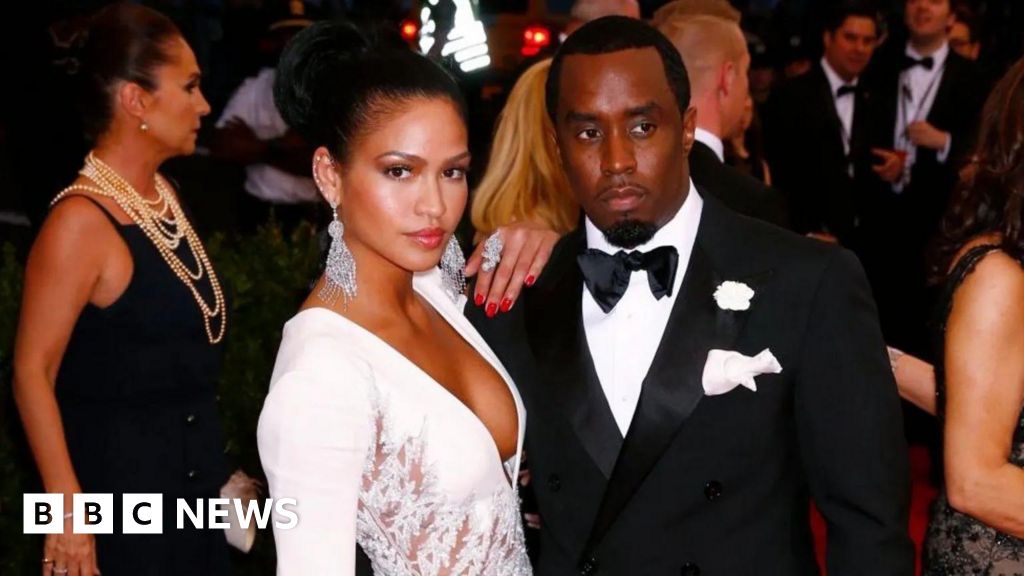
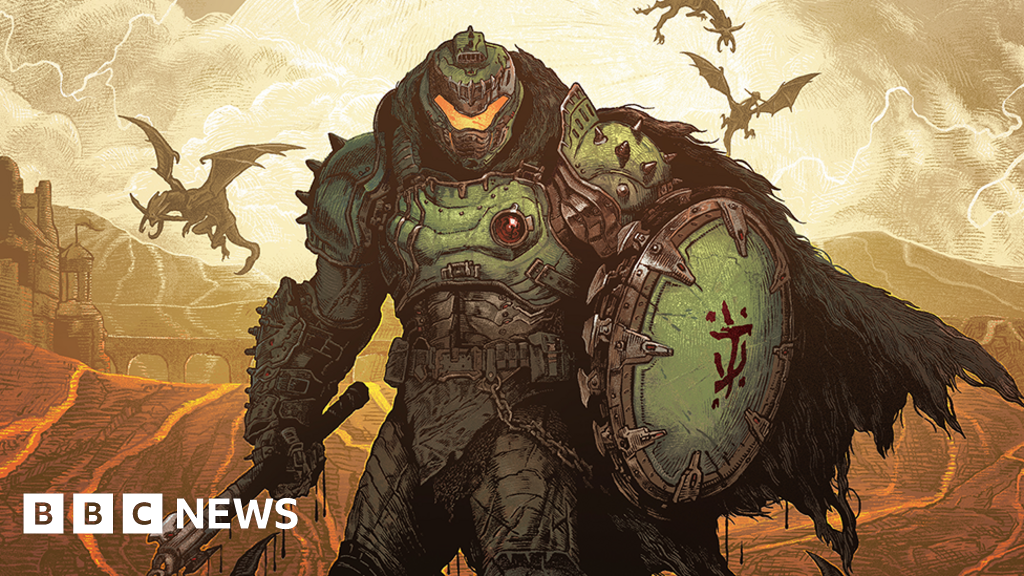
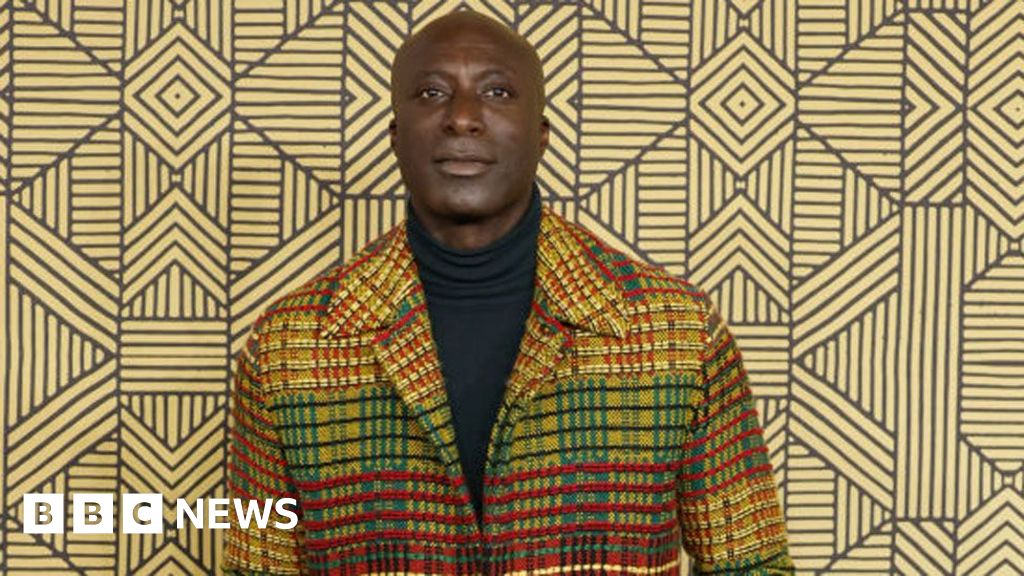





 English (US) ·
English (US) ·